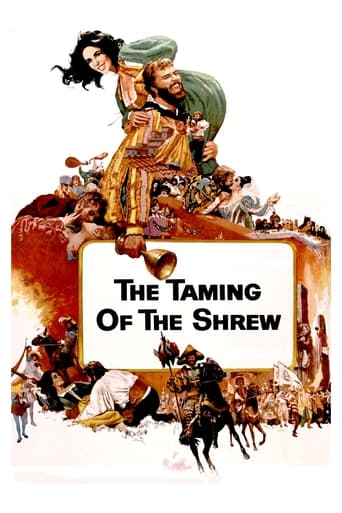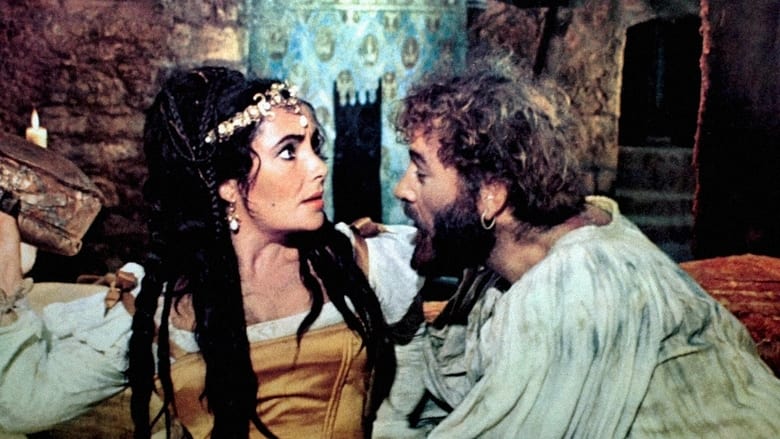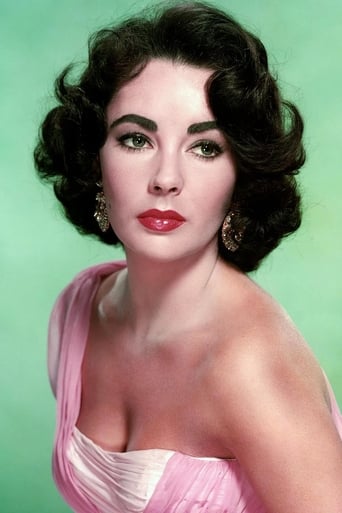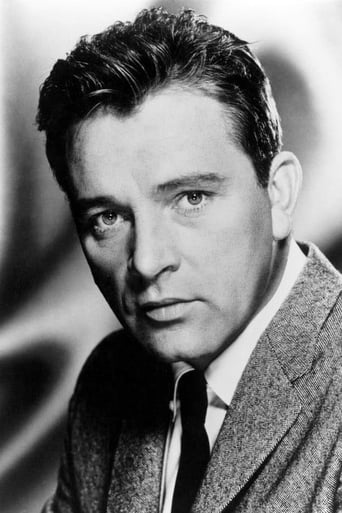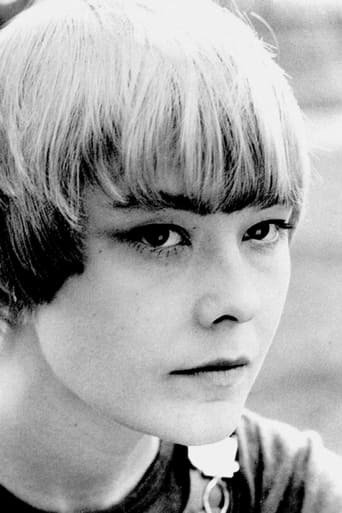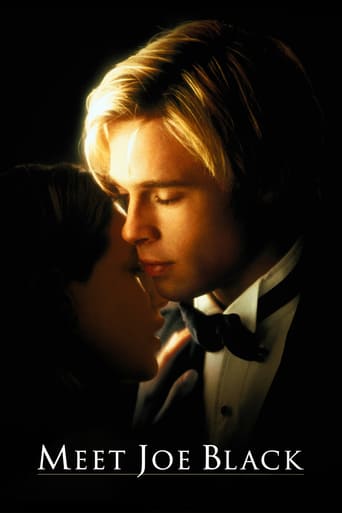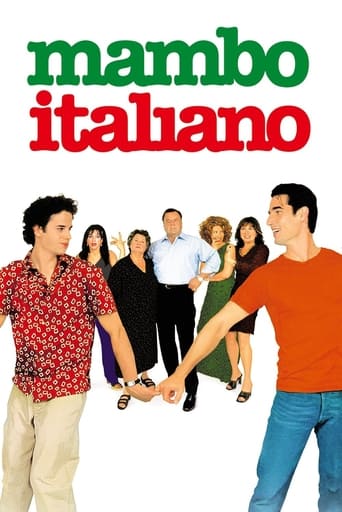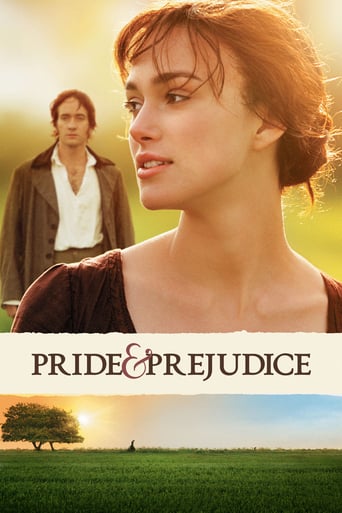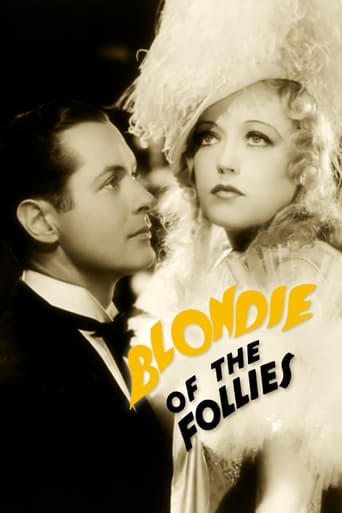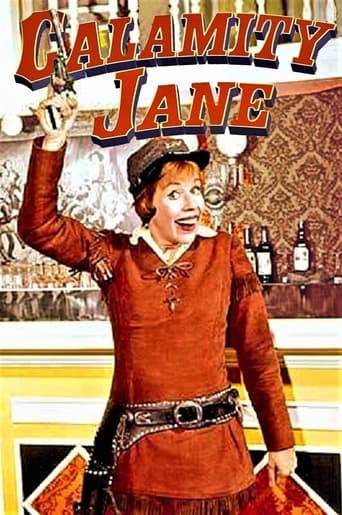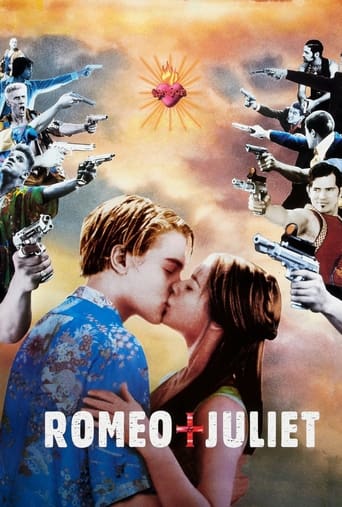The Taming of the Shrew (1967)
Italy, 16th century. Petruchio, a choleric, lying and poor rural landowner from Verona, arrives in Padua in search of fortune and a wife, while Baptista, a wealthy merchant, announces that he will not allow Bianca, his youngest daughter, to marry until the temperamental and unruly Katherina, his eldest daughter, does.
Watch Trailer
Cast


Similar titles
Reviews
Just perfect...
If you like to be scared, if you like to laugh, and if you like to learn a thing or two at the movies, this absolutely cannot be missed.
what a terribly boring film. I'm sorry but this is absolutely not deserving of best picture and will be forgotten quickly. Entertaining and engaging cinema? No. Nothing performances with flat faces and mistaking silence for subtlety.
There's no way I can possibly love it entirely but I just think its ridiculously bad, but enjoyable at the same time.
Franco Zeffirelli's 1967 feature The Taming of the Shrew acted as my introduction to Elizabeth Taylor. Elizabeth Taylor was an actress I had often heard about yet never seen in any films. In this film, Elizabeth Taylor acted with her husband at the time Richard Burton in one of their 11 films together. The two exuded brilliant on- screen chemistry, as you would hope any married couple would as they play a married couple on-screen. As I'm sure he did in real life, Richard Burton's Petruchio had his hands full with his shrew for a wife, Katharina. The fair, young Bianca (Natasha Pyne) cannot take a husband until her older sister Katharina does; as proclaimed by their father, Baptista (Michael Hordern) The problem is, Katharina is a shrew with no interest to marry and devote herself to a man. Hopelessly in love with Bianca, Lucentio (Michael York) poses as a tutor just to remain in close proximity to Bianca. Yet another man after the heart of Bianca, Hortensio (Victor Spinetti) devises a plan to sling Cupid's arrow at Katharina in order to lift Bianca's marriage ban. Hortensio finds the perfect suitor in Petruchio (Richard Burton) the money focused miscreant who recently arrived in town. Petruchio's desires are also fulfilled if he successfully marries Katharina, as he is searching for a wealthy wife. Once Petruchio is warned about Katharina's fiery temper and brash disposition and ensured that the debt he incurred winning her love will be paid for by Gremio (Alan Webb), yet another suitor of Bianca's, he willingly accepts the challenge of attempting to make her his wife. I was a little bit surprised at how much of a comedy this film came off as. I knew it was one of Shakespeare's lighter works but felt as though the comedy was overdone a bit throughout the film. Some of the scenes were reminiscent of even slapstick comedy, they were so overdone. Perhaps it was this overtly comedic tone that the costuming was so dramatic. Irene Sharaff, Danilo Donati enjoyed Academy accolades being nominated for Best Costume Design and certainly deserve the recognition given the intricacies of the period pieces used in the film. Praise being given, however, Richard Burton's arms often looked like piñatas on-screen in his overly elaborate costumes. The Taming of the Shrew was a fun film, with an exceptionally acted, albeit sexist, finale involving Elizabeth Taylor. Certainly the most glowing part of The Taming of the Shrew was the acting of Richard Burton. I was expecting to be blown away by Elizabeth Taylor only for her to be overshadowed by Richard Burton every scene they shared. It is quite apparent that Richard Burton was no stranger to Shakespearean roles before his turn in The Taming of the Shrew, as his acting was simply phenomenal. I would be outraged at his not being recognized by the Academy for his Petruchio, had 1968 not been one of the most stacked years for Best Lead Actor that I have ever seen. In addition to Burton's fine acting, the ensemble cast added immensely to the film as well, each having their turn in the spotlight. The lighting in this film also adds a great deal to the plot. First showing Katharina in dark lighting, later to show her in brighter lighting is an apt allusion to her losing her Shrew moniker and becoming a noble wife. The expectations of women in this film make me glad to have not lived in Shakespeare's time. Once a woman became a wife, full obedience to her husband was expected, and one was scolded if this obedience was not given freely. Each piece of this film, the acting, lighting, and costuming work in harmony to forward progress the thematic content of the film creating one of my favorite Shakespeare adaptations I've seen to date.
Shakespeare's The Taming of the Shrew (1967) was directed by Franco Zeffirelli. Any director who selects The Taming of the Shrew in the 20th (or 21st) Century has a problem. How to you deal with a play that is basically about spouse abuse? We all know the basic plot-- Katharina is a strong-minded woman, therefore a shrew. Petruchio marries her for her money, and then subjects her to physical and psychological torture. Ultimately, she breaks, and becomes the docile, subservient wife that Petruchio wants her to be.Some directors have chosen to tell us that Katharina isn't really broken. She has learned to manipulate Petruchio so he thinks he's the master, but she knows that this isn't true. (Mary Pickford famously gave the speech about man as master, but then she winked.)Not so here. Elizabeth Taylor as Katharina appears to really mean it when she says that the husband is the master. Richard Burton, as Petruchio, appears to really desire and accept Katharina's defeat. It's painful to watch. (We'll never know what Shakespeare really thought about this. But we know, it would seem, what Zeffirelli thought.)There's a second plot, involving Katharina's sister, Bianca, but Zeffirelli brushes this aside. It's actually a pretty funny and interesting plot, but you'd never know it from this film.What we get instead is lots of "color." "See Padua the way it looked in the Renaissance. The crowds, the prostitutes, the petty criminals." (Note to Zeffirelli--this is Shakespeare, not a travelogue.)Burton was handsome, Taylor was beautiful, and the movie was pretty bad. If you want to see a Taming of the Shrew, see the Pickford-Fairbanks version. Fairbanks was handsome, Pickford was beautiful, and the movie was pretty good.
This 1967 film, based on Shakespeare's play of the same name, was perfect for Elizabeth Taylor and Richard Burton, who were three years into their marriage when they made it.Due to the nature of the storyline (man tames independent woman and turns her into a meek and subservient wife), this is one of Shakespeare's most controversial plays, but it is also – for my money – one of his funniest. I consider myself to be a feminist, but that doesn't preclude me from enjoying this play immensely – and happily I loved every minute of this adaptation.Liz Taylor plays the wild natured Kate, and Richard Burton is the lusty, arrogant Petruchio, who determines to marry her for the dowry, and tames her by treating her badly – his methods include refusing to allow her to eat, turning up to their wedding in ragged clothes, and taking off soon after the wedding. However he starts to genuinely fall for her, and actually ends up being tamed himself.Burton was used to the classics, and had performed in Shakespeare adaptations prior to making this film. It shows – he fitted right into the part and carried it off with ease. Taylor had not done anything like this before, and was apparently very nervous. She certainly pulled it off – as beautiful as she undoubtedly was, I never really rated her as much of an actress, but she captured Kate's wild spirit, and later her more peaceful demeanour, perfectly.The supporting cast are excellent – a young Michael York is Lucentio, the man who hopes to marry Kate's sister Bianca, who is forbidden from marrying any young man until her sister is married, and Cyril Cusack is great as Grumio (Petruchio's friend), and Victor Spinetti as Hortensio – another potential suitor to Bianca – is extremely funny.The film is very colourful, and extremely witty, with genuine laugh-out-loud moments, and lots of physical comedy. I enjoyed it thoroughly from beginning to end, would certainly recommend it, and will definitely watch it again in the future.
Hollywood's golden age produced many films that will never die and it could definitely include The Taming of the Shrew as one of its greatest. Directed by Franco Zeffirelli, the famed Shakespeare enthusiast whose works include the successful later adaption of Romeo and Juliet in 1968, this film showcases his devout love of Shakespearean plays. Zeffirelli was clearly ahead of his game at the time, which can be shown through his use of some of the best resources Hollywood had to offer; including leading actress Elizabeth Taylor and Actor Richard Burton.The film boasts the use of prodigy Nino Rota's music which draws the audience into the atmosphere of the film and gets them hooked on the storyline. The set and costumes are immaculate; they truly lead the viewer to believe that it is set in the late 1500's. Attention-to-detail is impressively significant; fine details in the background, such as a labelled drunkard hanging in a cage over the street, are what intensify the film's quality greatly. There is one point in which Lucentio's accomplice talks directly to the camera about the situation and I found that this brought an interesting touch to the camera work; it almost felt as though I was part of the film! The script is also relatively similar to Shakespeare's original text and some memorable line's such Petruchio claiming "Will you, Nill you, I will Marry you" are none the less brought to life by Burton's macho voice. The fiery character of Katharina is also brilliantly portrayed through Taylor's acting, although some could argue that perhaps she should have toned down her make-up and overacting in a role such as this. The priest's obvious fear of Katharina is shown at the marriage ceremony; a fear which is only too common in the story! Humour is rarely used vocally in the film, but it seems as though Katharina's rages and reactions, as well as a personal comedic key point of Petruchio chuckling as well as engaging in a choking fit during the marriage ceremony, appear to be examples of the type of humour seen in the film. Compared to the original text, it could be said that the humour was quenched and replaced with a more modern quirky version.However, it is inevitable that one would notice that this film seems to focus overly on the characters of Katharina and Petruchio, even perhaps on the real life relationship of Taylor and Burton, as this was filmed during their first marriage. The couple lived their lives in the eyes of the media and I somewhat got the impression that Zeffirelli may have used this to his advantage in order to secure more popularity for his film. The power of Elizabeth Taylor as an actress is highlighted and despite that fact that her character is quite unattractive to the audience, I found that towards the end of the film, I had almost become a fanatic of her and was interested in viewing more of her work. The role of a young, unmarried girl is almost unrealistic for her as she was in her thirties when the film was released. The chemistry between Taylor and Burton positively enhances the impact of the film and it is undeniable that the pair are profoundly comfortable with each other, even though the storyline tells a different story. On the other hand, it is noticeable that other characters in the film were very much in the shadow of Katharina and Petruchio. The character of Bianca seems to have gotten much less attention in the film than I had expected, which I disagree with as she is the cause that led to Petruchio trying to woo Katharina.The film had flaws which were more substantial than the previous. Petruchio's mental abuse of Katharina after their marriage in the film was short of appalling. I found that, at times, I became quite uncomfortable during the film and would have preferred if Zeffirelli had perhaps sugar-coated some of Petruchio's harsh actions. Katharina's spirit is more so shown as broken, as opposed to her personality being tamed, which added an unwanted melancholy touch to the film. The duration of the film was likewise exhausting, as I perceived that my attention diminished at times.Over all, The Taming of the Shrew is an enjoyable film, but unfortunately it is not suited to modern audiences, as some aspects may disgruntle viewers, particularly feminists. At the time of its production, it was of remarkable quality, but in today's world it is somewhat timeworn. However, older audiences would definitely gain a thriller from watching the film and viewers of any age would kindly warm to the character of Katharina and even Elizabeth Taylor as an actress, as I believe that amongst Cleopatra, this film is doubtlessly one of the greatest showcases of her career.

